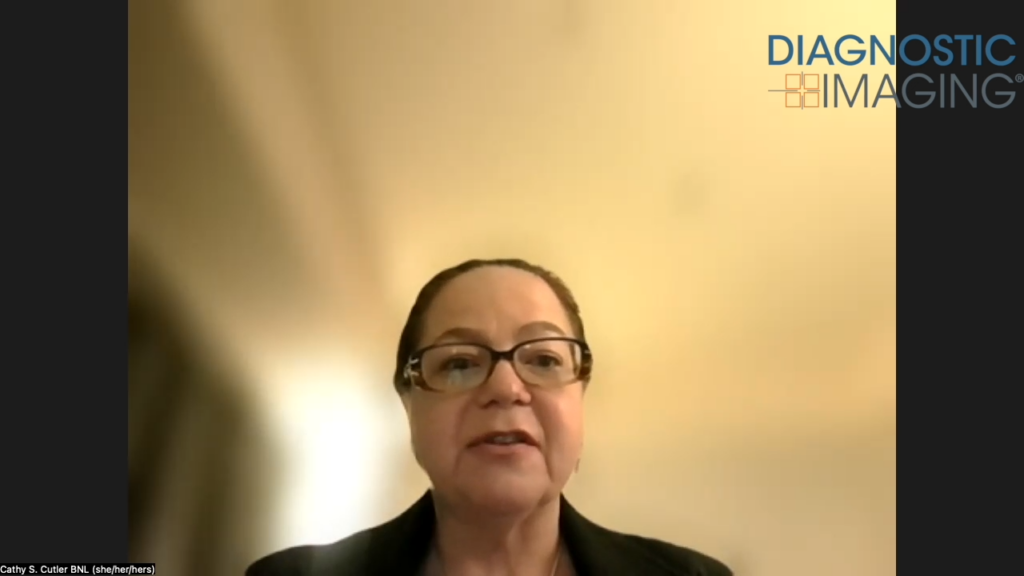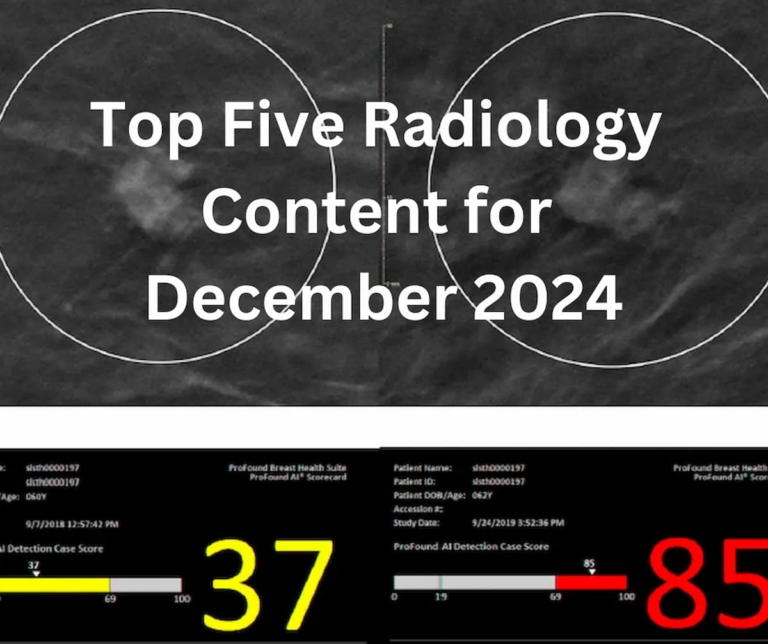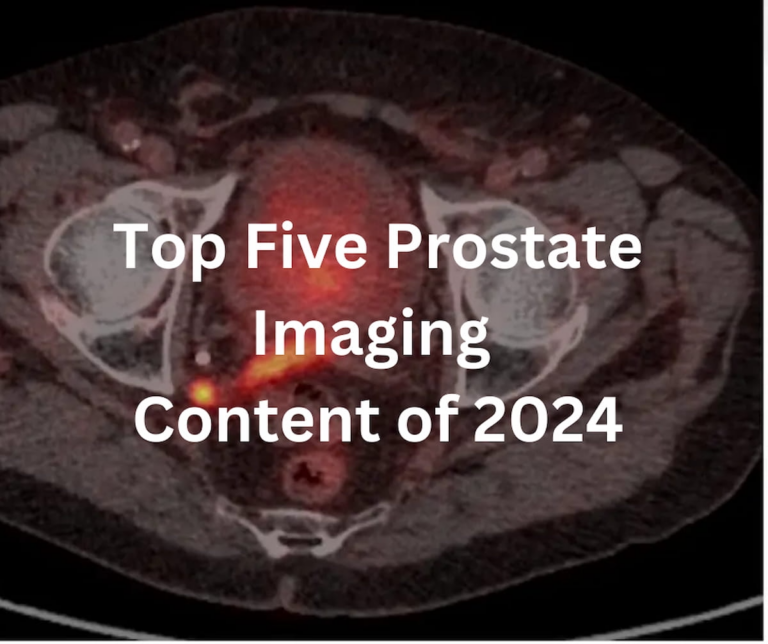
After more than a decade of dedicated advocacy, a significant change has finally been enacted by the Centers for Medicare and Medicaid Services (CMS). This change, which modifies how diagnostic radiopharmaceuticals are reimbursed, will greatly enhance accessibility to these crucial medical tools. The initiative has been supported by Cathy Cutler, Ph.D., president of the Society for Nuclear Medicine and Molecular Imaging (SNMMI), as an important advancement for the field.
The key adjustment involves CMS’s decision to discontinue the bundling of reimbursements for diagnostic radiopharmaceuticals and instead, allow these substances to be reimbursed separately when their daily costs exceed $630. Dr. Cutler recently discussed the implications of this policy in an interview, highlighting the newfound availability of these vital tools. Physicians now have more opportunities to use these technologies to ensure patients receive the best possible care, reflecting a monumental shift in accessibility.
This policy change, set to take effect on January 1, 2025, is expected to drive innovation in the development of new radiopharmaceuticals. Dr. Cutler, who also serves as the Director of the Medical Isotope Research Production and Development Group at Brookhaven National Laboratory in New York, anticipates a stimulating environment for research and development due to this decision.
The CMS policy did not arrive without significant effort. It was the culmination of persistent advocacy by SNMMI over many years. Dr. Cutler expressed satisfaction with this expanded access, accentuating that it facilitates better decision-making for patient treatment plans. Broader access to these diagnostic radiopharmaceuticals is seen as a win, not just for healthcare providers, but most importantly for patients themselves.
Dr. Cutler emphasized her excitement about the potential benefits for patients, underlining the value of these diagnostic tools in achieving optimal treatment outcomes. Such advancements can indeed enhance life quality, possibly extend life expectancy, and help ensure that patients are not taking ineffective medications. She considers this policy change a substantial victory for patients, given how it enhances the toolkit available to physicians for managing patient health care more effectively.
This transition by CMS represents a significant shift towards better healthcare delivery, promising innovation in medical treatments and improved patient outcomes on the horizon. Through this unbundling of reimbursements for diagnostic radiopharmaceuticals, an era of enhanced patient care and medical advancement is being ushered in, driven by advocacy and the persistent pursuit of progress in the healthcare sphere.


